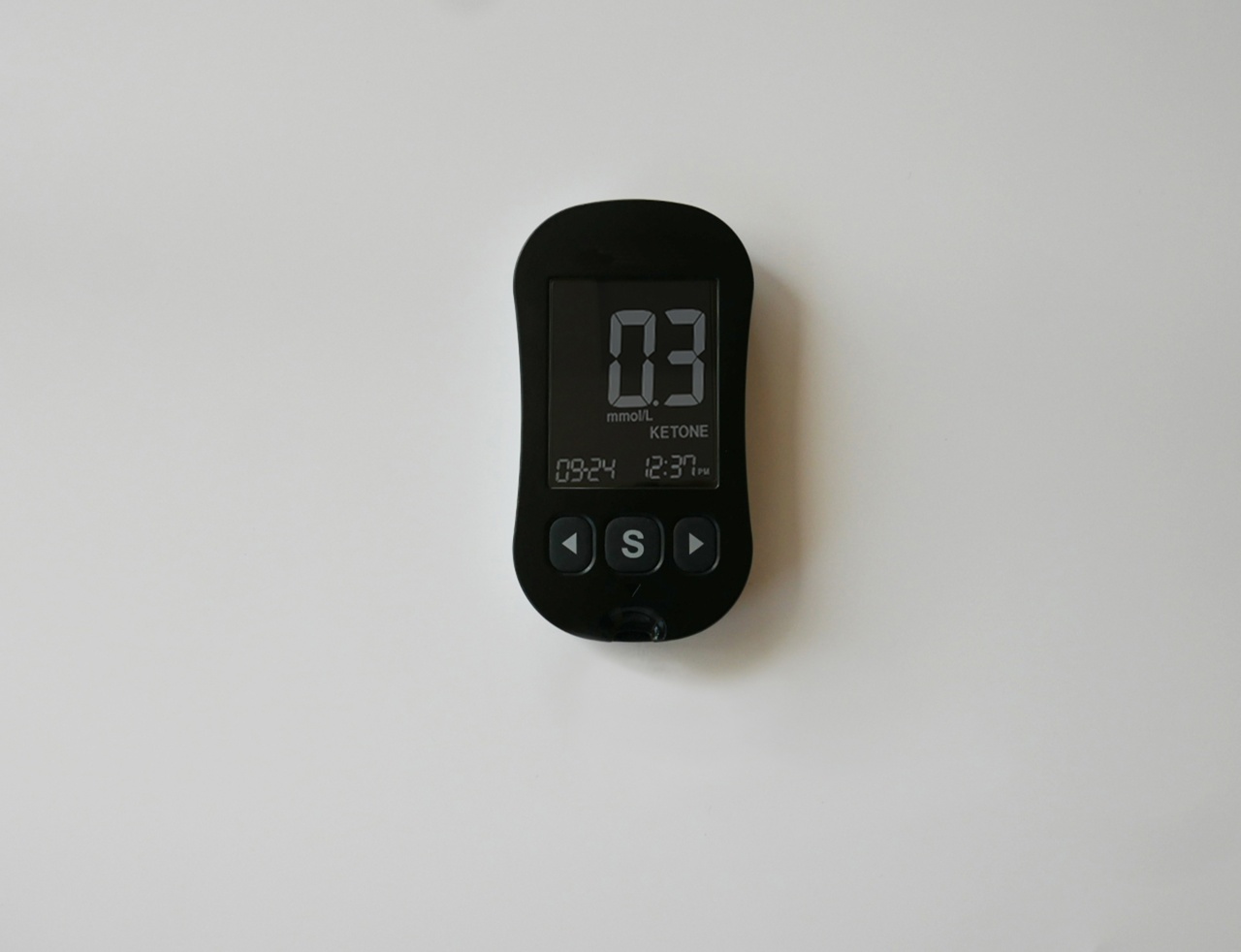High blood pressure is a common health issue affecting many people worldwide. Uncontrolled high blood pressure can lead to heart attack, stroke, or kidney disease, among other complications.
Fortunately, a healthy diet can help lower blood pressure levels and prevent the risks associated with hypertension. In this article, we explore how your diet can help you achieve optimal blood pressure levels.
The DASH Diet
The Dietary Approaches to Stop Hypertension (DASH) diet is a popular eating plan that emphasizes consuming whole grains, fruits, and vegetables.
It also promotes lean proteins, low-fat dairy products, and healthy fats while limiting foods high in salt, sugar, and saturated fats. Research has shown that the DASH diet can lower blood pressure levels significantly. The diet has been linked to a 14-point drop in systolic blood pressure and an 8-point drop in diastolic blood pressure in individuals with hypertension.
Reduce Sodium Intake
Sodium is a mineral found in salt and is known to increase blood pressure levels. Most foods contain sodium, but processed foods and fast foods typically have higher sodium content than whole foods.
To lower blood pressure levels, aim to reduce your sodium intake by limiting consumption of salty snacks, fast food, canned foods, and processed meats. You can also use herbs and spices to flavor your meals instead of salt. The American Heart Association recommends consuming no more than 2,300 milligrams of sodium a day.
Increase Potassium Intake
Potassium is another mineral that plays a vital role in regulating blood pressure levels. Potassium helps reduce the effects of sodium in the body, which can lead to lower blood pressure.
Foods rich in potassium include bananas, potatoes, sweet potatoes, spinach, avocados, salmon, and beans. Consuming a diet rich in potassium may help lower blood pressure levels.
Consume Foods High In Magnesium
Magnesium is an essential mineral that helps regulate blood pressure, among other functions. Eating a diet high in magnesium can help lower blood pressure levels, especially in individuals with hypertension.
Foods rich in magnesium include nuts, legumes, whole grains, leafy greens, and dark chocolate. The National Institutes of Health recommends that adults consume between 310-420 milligrams of magnesium daily.
Limit Alcohol Intake
Drinking too much alcohol can lead to high blood pressure levels. Heavy alcohol consumption can cause damage to the arteries, leading to hypertension.
If you consume alcohol, it’s essential to limit your intake to no more than two drinks daily for men and one drink daily for women. A drink is defined as 12 ounces of beer, five ounces of wine, or 1.5 ounces of liquor.
Eat More Berries
Berries, such as blueberries, strawberries, raspberries, and blackberries, are rich in compounds known as flavonoids. Flavonoids are antioxidants that may help lower blood pressure levels by improving blood vessel function.
Berries are also rich in fiber, which is known to promote heart health. A diet rich in berries may help lower the risk of heart disease and hypertension.
Increase Fiber Intake
Fiber is a type of carbohydrate that is not digested by the body. Eating a diet rich in fiber has been shown to promote heart health and lower blood pressure levels. Fiber-rich foods include fruits, vegetables, whole grains, nuts, and legumes.
Aim to consume at least 25-30 grams of fiber per day.
Avoid Trans Fats
Trans fats are a type of unsaturated fat that has been linked to an increased risk of heart disease. Trans fats are typically found in processed foods, fried foods, and baked goods.
Consuming trans fats can raise LDL (bad) cholesterol levels and contribute to hypertension. To lower your blood pressure levels, it’s essential to avoid foods high in trans fats.
Consume Dark Chocolate
Dark chocolate is rich in flavonoids, which are known to have heart-healthy effects. Consuming dark chocolate may help lower blood pressure levels, especially in individuals with hypertension.
However, it’s important to consume dark chocolate in moderation as it is also high in calories and fat. Choose dark chocolate with a cocoa content of at least 70% and consume in small portions.
Conclusion
In conclusion, your diet can significantly impact your blood pressure levels.
By consuming whole foods, limiting salt and sugar intake, and increasing your consumption of fruits, vegetables, and lean proteins, you can help lower your blood pressure levels and promote heart health. Small changes in your diet can go a long way in achieving optimal blood pressure levels and preventing the risks associated with hypertension.






























